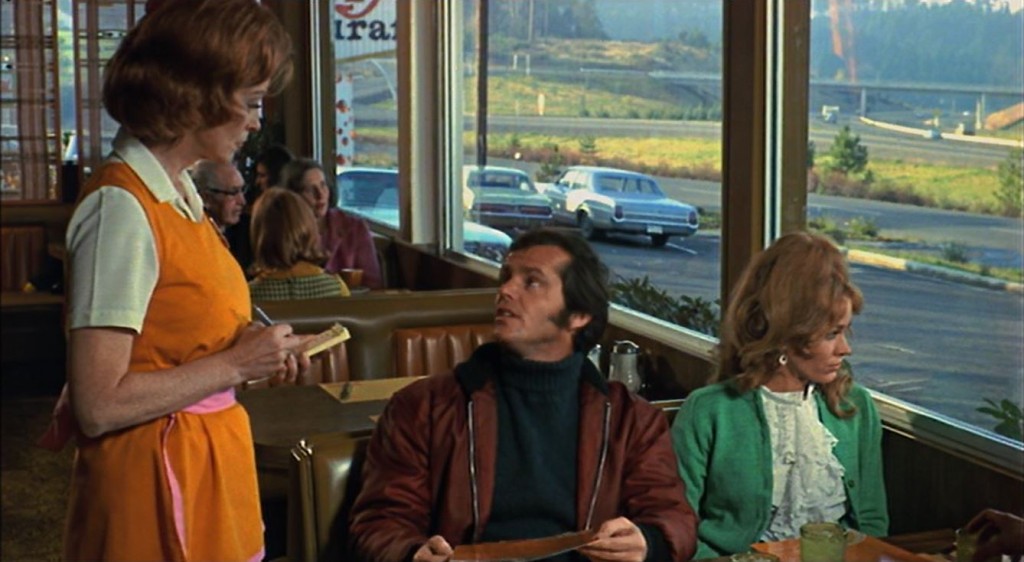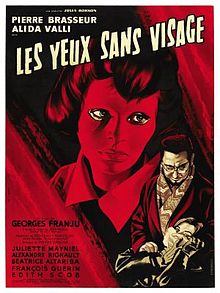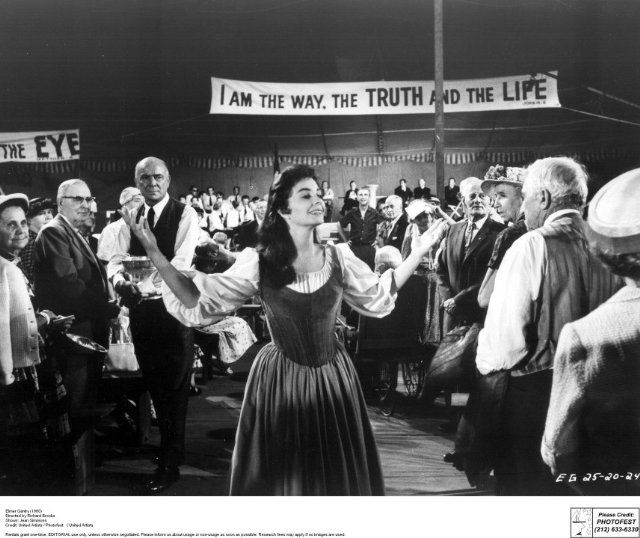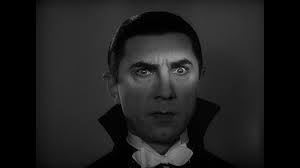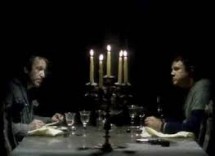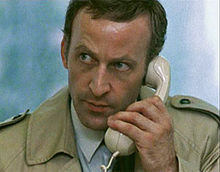The Varnished Culture's Thumbnail Reviews
Regularly added bite-sized reviews about Literature, Art, Music & Film.
Voltaire said the secret of being boring is to say everything.
We do not wish to say everything or see everything; life, though long is too short for that.
We hope you take these little syntheses in the spirit of shared enthusiasm.
Asoka
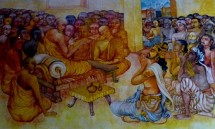
(dir.Santosh Sivan) (2001)
Surreal Bollywood biopic of the great Indian King who eschewed violence after his campaign to conquer Kalinga in Madras, circa 250 B.C. Shah Ruk Kahn as Asoka smoulders, swivels eyes and bleeds from the nose with all the subtlety of Rudolph Valentino; vivid scenes of robust battles (of conquest, family strife and romance); not a lot of H.G. Well’s Outline of History.
Continue Reading →Franny and Zooey
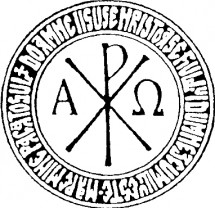
(by J.D. Salinger) (1961)
This perfect little novella (actually, a short story published in The New Yorker in 1955 and followed by another a couple of years later, then combined as a diptych) is a personal favourite. One would not wish to go on a houseboat holiday with any member of the Glass family (maybe Les) but their mood storms are always worth getting caught in.
Frances Glass, the baby of the family, has discovered a little book called The Way of a Pilgrim (in real life purchased from Brentano’s by Salinger’s bride-to-be and reputed Gestapo staffer, Claire) which she carries about like a talisman. She’s sick of liking people, and that presumably includes likable people, which boyfriend Lane Coutell, so full of himself as to be almost a churl, is not (Zooey calls him “a charm boy and a fake.”). But young Frances is also a little too full of herself: college girls aren’t generally world-weary, at least in the books I’ve read. Yet here she is:
“I know when they’re going to be charming, I know when they’re going to start telling you some really nasty gossip about some girl that lives in your dorm, I know when they’re going to ask me what I did over the summer, I know when they’re going to pull up a chair and straddle it backward and start bragging in a terribly, terribly quiet voice – or name dropping in a terribly quiet, casual voice.”
Over an untouched chicken sandwich, Franny describes The Way of the Pilgrim to a skeptical Lane. It promotes prayer without ceasing* that brings a physiological and ultimately transcendental effect. En route to the powder room, she faints, is revived, and we leave her, for now, on a couch in the office of a restaurant, silently mouthing “Lord Jesus Christ, have mercy on me.”
Cut to her slightly older brother Zooey, a TV actor not quite ready for prime time. He dispenses mercy, after a fashion, inspired by the oldest surviving sibling, Buddy (he uses an old letter to formulate a script) and hectored by his mother. He suggests to Franny, now convalescing at the family seat in NYC’s East Seventies, that she is “beginning to give off a little stink of piousness” and selecting the most comfortable and convenient place for her nervous breakdown. After something of an explosion, he departs the field, “Always the heavy.” But then their mother, Bessie, tells Franny that Bessie’s hermit-like son Buddy is on the phone and wants to talk to her.
After complaining to him about Zooey and the horrible circles in which he turns (including the one where Jesus asks an eight-year old Zooey for a small glass of ginger ale), Franny realises that she is, in fact, speaking to Zooey.
Most critics were unhappy with F & Z when they appeared, finding them sloppy and self-indulgent. Anthony Burgess later commented: “It required boldness to present an attempt at solving the world’s problems through a positive creed of love, though Salinger’s crime is to close in, depicting a family of the elect (the Glass family) who are doing two things – ritually washing away the world’s guilt; practising a synthetic religion that has elements of Christianity and Zen Buddhism in it. Holden [Caulfield] at least confronts the dirty mass of sinning humanity, though it drives him to a mental home; the Glass family confronts only itself.“**
Yes, the Glass kinder are special and know all about it, but we can’t agree that they have nothing to offer. Their discursive confessional style leads one to conclude that “the thing to listen for, every time…is what [they’re] not confessing to“^ but when F & Z agree on the importance of doing something, and something well, or kind (even though no one sees it) for the benefit of the Fat Lady, the reader as well as the characters receive something beautiful if not necessarily revelatory.
“I can’t talk any more, buddy.”
—————————————-
[*Thessalonians 5: 17.] [**Ninety-Nine novels (1984), pp. 53-54.] [^ Seymour: An Introduction (1959) p. 125.] Continue Reading →Five Easy Pieces

(dir. Bob Rafelson) (1970)
The great American film about class, a road movie with style and not much plot; towering performance by Jack Nicholson, and others. Jack is from a high-born musical family but he is on the run from them, marking time as a blue-collar guy, spending his beer money on sweet but simple girlfriend (a sublime Karen Black). Then his Dad gets badly ill, he has to head north, and all his class consciousness comes embarrassingly to the fore. Along the way, they pick up two hitch-hikers who act their way into film legend. And remember: “No substitutions”.
Continue Reading →Eyes Without a Face (Les Yeux sans Visage)

(dir. by Georges Franju) (1960)
Necrotic facial tissue was never so fascinating. Brilliant (well, in theory) plastic and reconstructive surgeon wants to fix his daughter’s face, ruined in an accident – but he needs replacement skin. That does not bode well for the the pretty young students of Paris….
TVC knows of no scene more chilling than when the callow student is treated to a handkerchief soaked in chloroform…
Continue Reading →
Escape From New York

(dir. John Carpenter) (1981)
L considers this the best ‘B’ movie ever; P prefers The Boys From Brazil, but it is certainly in the top rank. An auteur effort from Carpenter (also contributing to script and the futuristic Wurlitzer soundtrack) with legendary, over-the-top sneering performance by Kurt Russell as the perverse Snake Plissken (‘Call me Snake’ – ‘OK, Snake’ – ‘The name’s Plissken’) and a great cast including Ernest Borgnine, Isaac Hayes, Lee Van Cleef, Harry Dean Stanton and Donald Pleasance as the extremely odious POTUS. The ‘sequel,’ Escape from LA, is pretty much Escape from New York with a change of geography and with surfing.
MINORITY REPORT FROM LESLEY.
No, it is THE best “B” picture. Snake isn’t rebelling against whatever you’ve got, he just hates it, whatever it is, if he can be bothered. Atmospheric, synthetic, grungy and pitiless. Ooo look – a car with chandeliers.
Continue Reading →
Elmer Gantry

(dir. Richard Brooks) (1960)
Dr Gantry sets aside his unwanted toasters and vacuum cleaners and returns to where he belongs, in the evangelical business. A sprawling, gargantuan rendering of Sinclair Lewis’ novel, with giant performances, particularly Lancaster as Elmer, Jean Simmons as Sister Falconer, Shirley Jones as Ms Baines and Arthur Kennedy as the journalist following the big tent. “It wasn’t really acting” quoth Burt Lancaster of his performance, “It was me”.
Continue Reading →Eichmann in Jerusalem
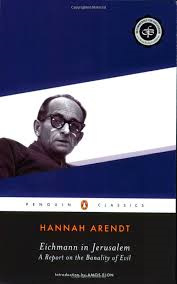
(by Hannah Arendt)
The Varnished Culture finished this work none the wiser but better informed. Valuable as all eye-witness accounts are, it is nonetheless a moot point as to whether the ultimate Nazi bureaucrat is worth study at all. A trickier topic is the Stockholm-style compliance by some Jewish leaders, and touching on that exposes the author to a charge of excessive severity.
Continue Reading →Ed Wood
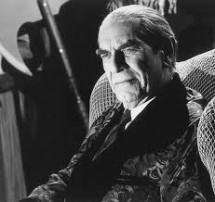
(dir. Tim Burton) (1994)
Somewhere after What’s Eating Gilbert Grape?, Johnny Depp became an art-house ham. There’s plenty of scenery to chew in this enjoyable romp of the notorious Fellini-Without-Talent (see: The Golden Turkey Awards (1980), Medved Bros) and which is stolen by Martin Landau as the incomparable Bela Lugosi.
Continue Reading →Edinburgh National Museum

(2013)
In sweet, windy Edinburgh, a revelation was the new National Museum, beautifully done, no expense spared by the look of it. An old fashioned Anglophile collection, all over the shop, with a refreshing lack of ‘unifying themes’ so one could enjoy the diversity.
Dolly the Sheep, Lewis chessmen, the tomb of Mary, Queen of Scots, a fractured Meisson lion, Ching Ching the Panda (a childhood friend) a pavilion packed to high rafters with enough stuffed animals for an ark. And a corker of a restaurant on the 5th floor*. A nice way to keep out of the paint-stripping breeze.
*This is called ‘The Tower’ and you can look over clouds scudding fast past old rooftops while dining, as we did, on asparagus hollandaise, lobster, Scottish oysters and pork cutlets, washed along with Chablis. L, dripping irony, said she’d prefer the Balcony Cafe on level 3, where you could lunch on focaccia seasoned with a child’s shrieks…
Continue Reading →

